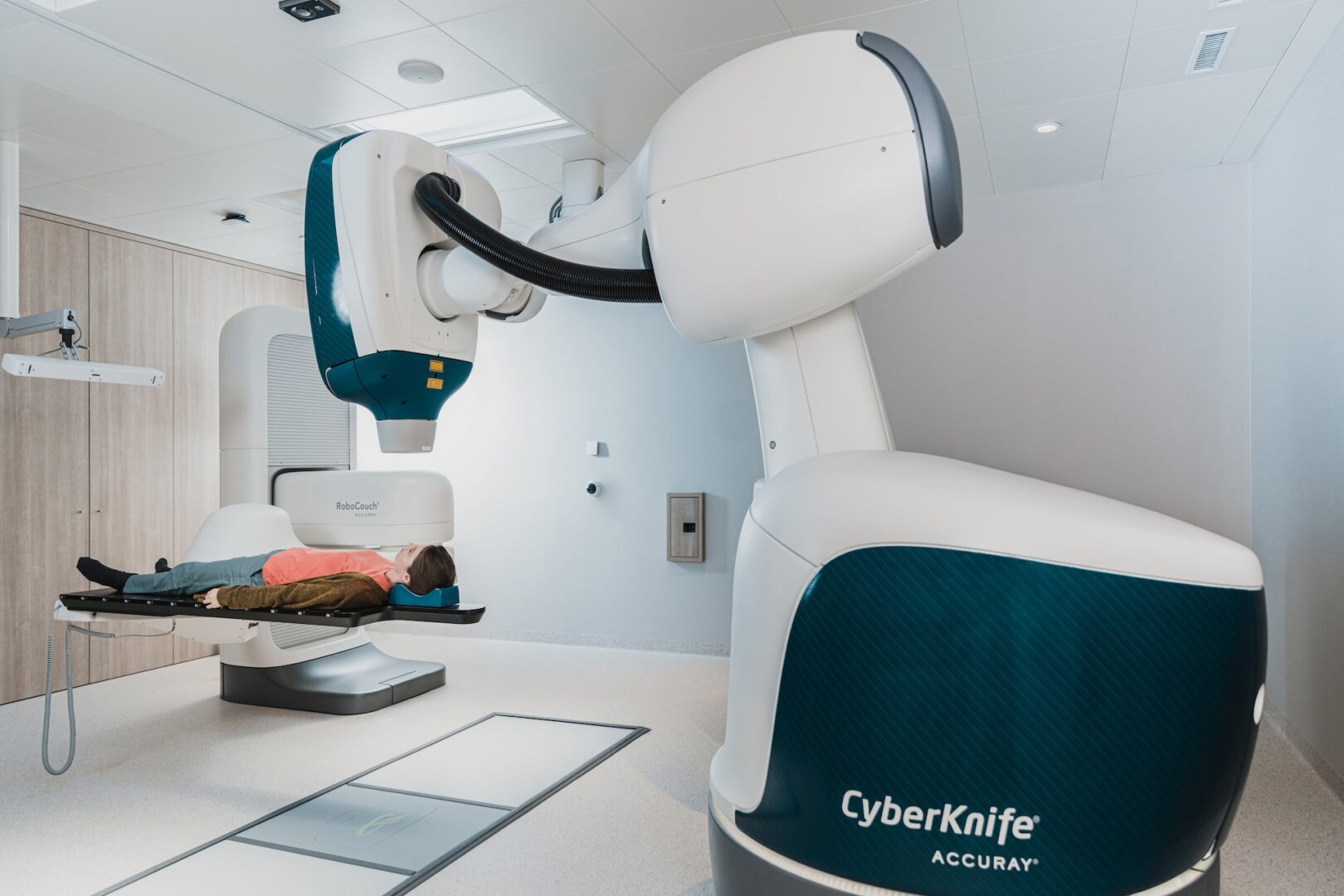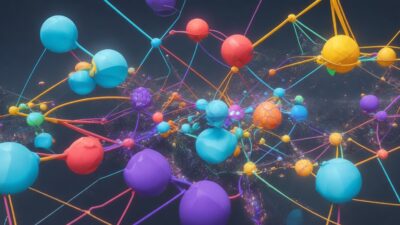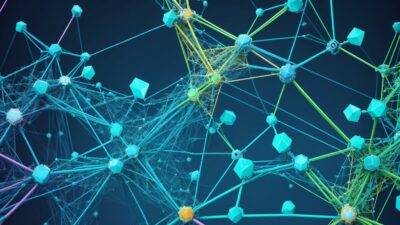Robots and Artificial Intelligence in Medicine: How Technological Breakthroughs Are Transforming Healthcare

Robotic Surgery and Assistance
Robotic surgery is becoming increasingly common in hospitals around the world. Robots like the da Vinci Surgical System can perform complex procedures with more precision and flexibility than human surgeons. These robots can also assist in tasks like suturing and making incisions, minimizing the risk of complications and improving patient outcomes. Additionally, AI-powered surgical systems can help surgeons plan surgeries by analyzing patient data and providing real-time guidance during procedures.
Medical Imaging and Diagnostics
Artificial intelligence plays a critical role in medical imaging and diagnostics. AI algorithms can analyze medical images like X-rays, CT scans, and MRIs to identify diseases and abnormalities faster and more accurately than human radiologists. This technology can also help predict disease progression and identify patients who are at higher risk for complications, allowing for early intervention and personalized treatment plans.
Virtual Health Assistants and Telemedicine
AI-powered virtual health assistants are revolutionizing how patients receive medical advice and care. These chatbots can answer questions, provide health information, and even triage patients based on their symptoms. Telemedicine platforms, supported by AI, are also transforming healthcare by allowing patients to consult with doctors remotely, saving time and resources and increasing access to medical care for those in rural or underserved areas.
Medical Training and Support
Artificial intelligence also plays an essential role in training and supporting medical staff. Using virtual reality and simulation models, medical professionals can learn and refine their skills without the risk of harming real patients. AI systems can also provide doctors with information on the latest research and treatment recommendations, helping them stay current with the most advanced methods and technologies.
Drug Development and Personalized Treatment
Artificial intelligence plays a crucial role in drug development and personalized treatment. Molecule modeling, data analysis, and machine learning allow for the acceleration of the discovery and creation of new pharmaceuticals. Moreover, AI helps analyze genetic and medical data of patients to create individualized treatment plans that take into account each person’s unique characteristics.
Robots and artificial intelligence continue to transform medicine and healthcare, leading to improved diagnostics, treatments, and healthcare delivery. Their use allows doctors to work with greater precision and efficiency, reducing the risk of complications and enhancing patient outcomes. The application of robots and AI in medicine is expected to continue expanding, promising a bright future for healthcare on a global scale.




